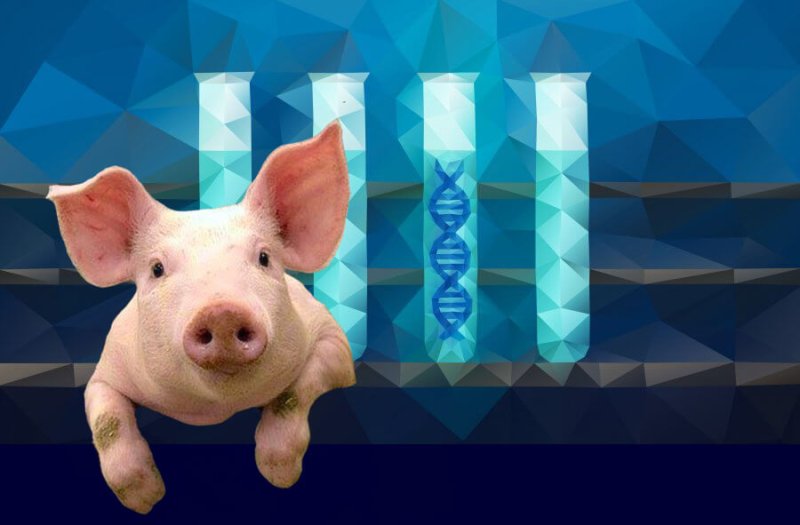Food and Drug Administration Commissioner Stephen Hahn has told the Health and Human Services Department that he would refuse to sign a proposal transferring regulatory power over gene-edited animals to the Agriculture Department, Politico reported [January 12].
Politico said Hahn was concerned about the legality of the transfer and the potential health repercussions of relaxing oversight of certain genetically altered products.
“This is a full frontal assault on public health,” said a person familiar with Hahn’s thinking, Politico said.
…
In late December, Agriculture Secretary Sonny Perdue announced that USDA was moving forward with an Advanced Notice of Proposed Rulemaking (ANPR) to solicit public input and feedback on transitioning portions of the Food and Drug Administration’s pre-existing animal biotechnology regulatory oversight to USDA. Perdue pitched the proposal as a “one-stop-shop” for biotech approvals.
Currently, FDA regulates genetic alterations in animal as animal drugs, which the pork producers and others say adds complications to getting regulatory approval for the animals. Under USDA’s plans, the department and FDA would sign a memorandum of understanding turning over oversight for genetically engineered animals for certain purposes to USDA.
The National Pork Producers Council had praised the USDA plan, arguing that the cost and timeframe for FDA approving gene-editing animals is cost prohibitive. NPPC maintains China, Brazil and Canada are all moving ahead of the U.S.































